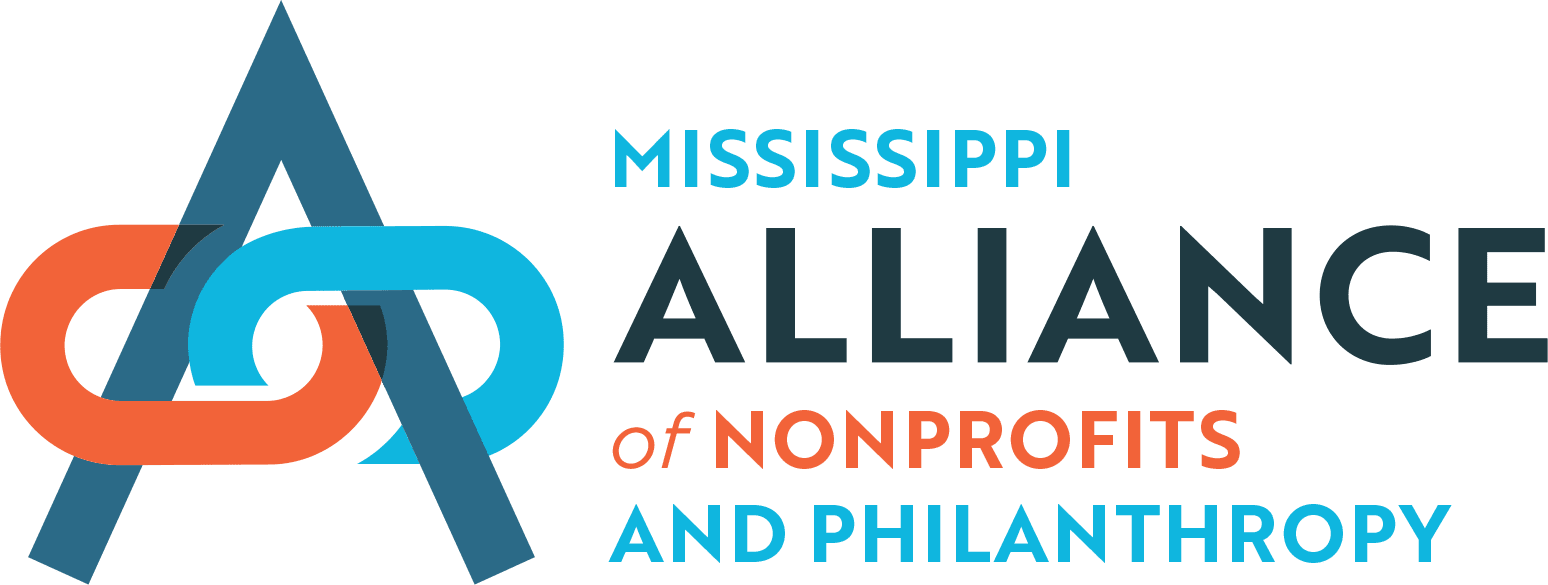
Jackson, Mississippi
Improving the health of Mississippi women is one of MWF’s top priorities. Through it’s strategic grant process, they are able to allocate funds to local organizations that help make a positive impact and support women’s health so their families thrive.
WFM grants help young women increase their health literacy, an essential component for improving the health outcomes for women, and equip them with the tools and information they need to be better advocates for their health at each stage of life. Giving them more control over their treatment options helps ensure improved outcomes for future generations of Mississippians, as women pass down health knowledge to their children and family members. WFM grants also improve access to medically accurate and evidence-based sex education, which has proven to lower teen pregnancy rates across the state and improve access to sex education and reproductive health resources for young women.

Battlecreek, Michigan
In support of mothers and all birthing people, as well as access to quality, affordable health care, the Kellogg Foundation has long invested in organizations focused on improving health care across the spectrum of parenthood, from pregnancy and childbirth to breastfeeding and improving health outcomes for mothers and babies.
Over the past decade, WKKF has awarded nearly $170 million in grants to promote maternal and child health and remain steadfast in their mission and continue their commitment of supporting the organizations, communities and individuals who are prioritizing the health, safety, well-being, equity and justice for our most vulnerable community members.

National Alliance on Mental Illness
Ridgeland, MS
NAMI Mississippi, a 501(c)(3) nonprofit state organization of the National Alliance on Mental Illness, is a non-profit, advocacy organization certified and partially funded by the Mississippi Department of Mental Health servicing areas of Meridian, Vicksburg, Hattiesburg, the Gulf Coast, Tupelo, Oxford, McComb, Yazoo City and metro Jackson.
More than 20,000 Mississippians are touched by mental illness, and NAMI groups at the local affiliate, state, and national levels all share one common goal: To improve the quality of life of persons living with serious mental illness along with their friends and families.
Mental health conditions tend to affect men differently than women and at a more alarming rate. Studies have shown, likely due to hormones, some disorders like depression, anxiety, and eating disorders are more prevalent in women.
Since COVID, many women who tend to prioritize the health and wellbeing of others have learned the need for their own self-care given:
- 1 in 8 women experience depression in their lifetime; twice the rate as men, regardless of race or ethnic background.
- Middle-aged Hispanic women have the highest rate of symptoms, followed by middle-aged African-American women.
- Young Asian-American women have the highest rate of younger groups and the 2nd highest rate of suicide among 15 to 24-year-olds. American Indians and Alaska Native adolescents are the most likely to attempt suicide and die from it.
Life can be overwhelming at times, so your mental health is important and should be a priority. Mental health disorders are treatable and manageable with early detection.
NAMI Mississippi encourages you to seek help if you are experiencing mental health symptoms for more than two weeks. If someone you know is struggling or having thoughts of suicide, please call or text the 988 Suicide and Crisis Lifeline at 988 or chat at 988lifeline.org
Related Articles
A message from your executive director…
A warm hello to our esteemed members and friends. This edition of The Ally seeks to celebrate the rich tapestry that February brings by recognizing Black History Month and other notable events that shape this dynamic month.
Nonprofit Member Spotlight | Family Biz Builder
Family Biz Builder (FBB) is a transformative force in Tunica County, Mississippi. Since 2014, FBB, a compassionate 501(c)(3) nonprofit youth training and development organization, has been the guiding light for countless low-income, at-risk children aged 5-17 and their families across Tunica, Coahoma, and Desoto Counties.
Nonprofit Member Spotlight | Alluvial Collective
Cultivating belonging and wholeness in the world
Friends and Partners,
I’m grateful to be connected to you in this season of celebration and acknowledgment of Black history.



